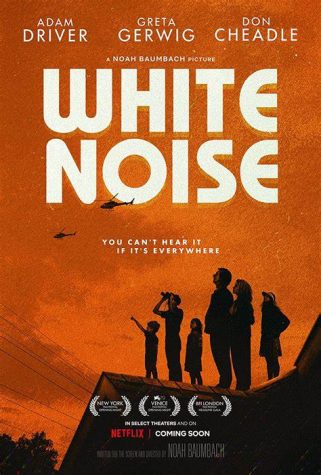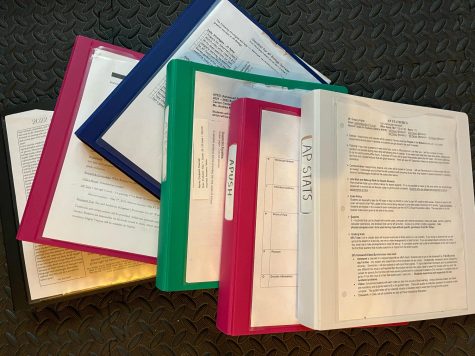Is the Metric System the right move?
March 1, 2019
 We have gone our whole lives using measurements such as inches, feet and pounds. That might not be the case for much longer. The United States is behind the curve in terms of the system of measurement. Changing over to the metric system would be beneficial for our country in the long run, making it worth the short term challenges it presents.
We have gone our whole lives using measurements such as inches, feet and pounds. That might not be the case for much longer. The United States is behind the curve in terms of the system of measurement. Changing over to the metric system would be beneficial for our country in the long run, making it worth the short term challenges it presents.
We are one of three countries stuck not using the metric system of measurement and the only developed country of those three. The rest of the world uses the metric system with the exception of just Myanmar and Liberia, this is detrimental to us as a nation. At times, it leaves us isolated and behind the rest of the world.
According to NBC, NASA once lost $125 million when one of their spacecraft’s system mixed up customary and metric units and was destroyed. The constant switching between the different units can be overwhelming for both humans and machines.
One of the main things we rely on as a nation are our international relations. In certain ways, measurement is like a language. When we are using different measurements, it makes things such as communication and trade with foreign countries much more complicated which has a negative impact on our economy. Mix ups happen all the time in the business world. For example, if the buyer gets confused on whether the price is per pound or per kilogram, they often end up paying much more than they thought they were.
The metric system is also easier to learn. It involves less memorization because everything is based off units of 10. You do not have to remember 12 inches in a foot, 5,280 feet in a mile, or even 16 ounces in a pound. You just have to learn the base units and work from there. It makes it much easier for kids learning the system for the first time in school. The customary system we use takes a long time to learn and can be confusing. It makes no sense to be memorizing all of these different units.
We had been using this system since our country started, and although there has been some talk about converting to metric, it has never been a real possibility. Thomas Jefferson first tried to move the United States to the metric system in 1789, but he did not succeed. Whenever thoughts arise in Congress in favor of switching, they are often shot down by large businesses who are unwilling to change the entire infrastructure of their business.
It would be an expensive and difficult transition but it would be worth it in the long run. Having an international measurement system is enough to overlook these short term challenges. According to NASA, the change could end up costing over $730 million. Changing things like street signs from miles to kilometers would be costly, but could indirectly provide jobs to help our economy because we need people to convert everything over to metric.
We are slowly using the metric system more and more, but at this rate it will take a while. While there are certain things we use metric measurement for, such as buying soda by the liter or running a 5K, we are nowhere close to becoming a nation that is fully dependent on the metric system.
Not using the metric system has left us behind the rest of the world. We are isolated as one of the few countries without the metric system. It makes trade much more difficult with other nations. Changing to the metric system would greatly benefit our nation and is something that should be seriously considered in government.
Photo provided by Creative Commons












